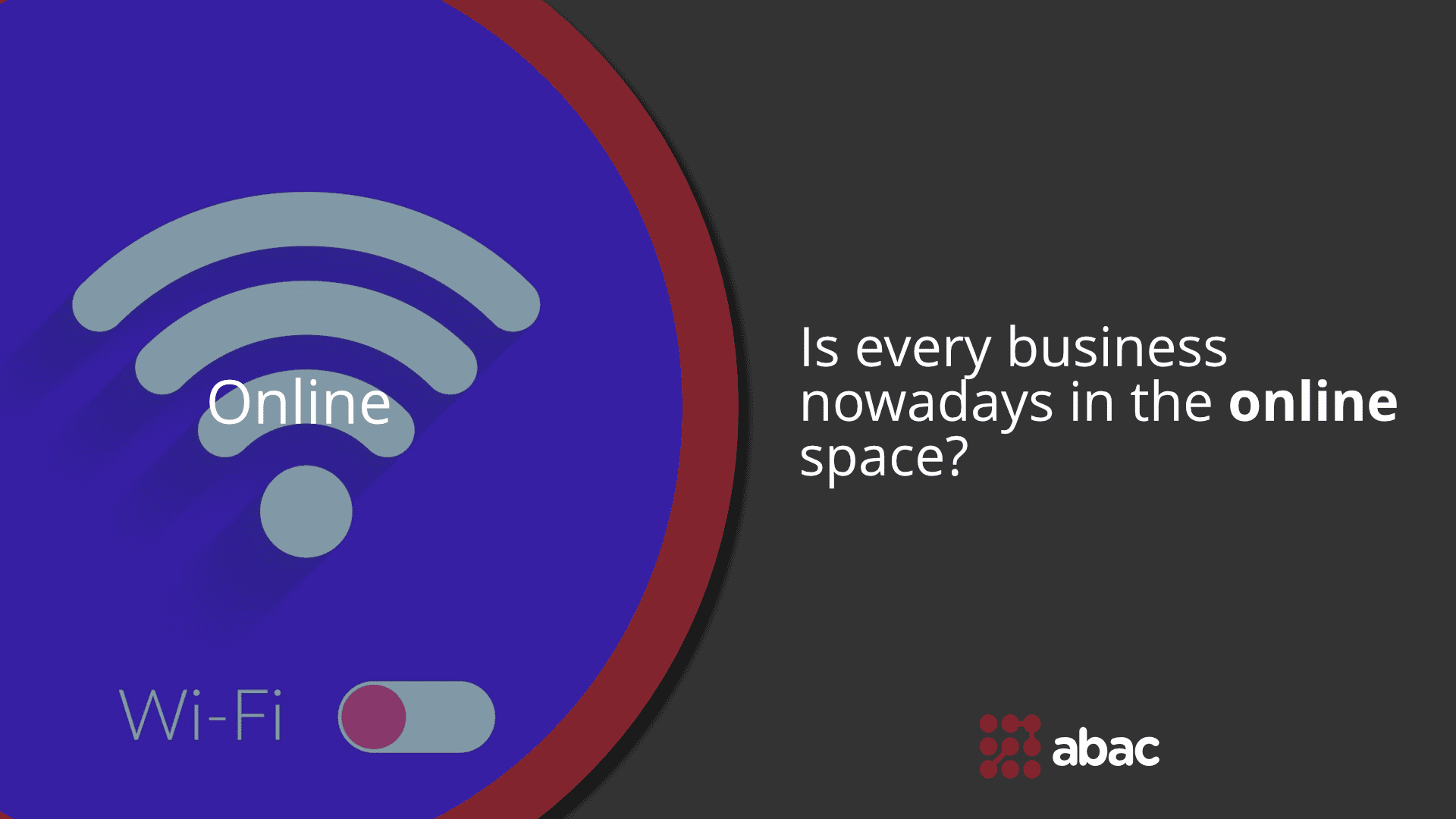Digitalization is a big deal, even where you might least expect it. 9 out of 10 industrial companies are investing in online factories. Global spending on IoT solutions is expected to surpass the $70 billion threshold by the end of the year.
But it’s not just a process with some benefits.
Moving your business from offline to online is a necessity, not a choice.
The CoVid Lesson
The novel Coronavirus changed our lives.
And perhaps most worrying – it kicked off a lack of consumption, and a business halt that threw us into a recession.
This in turn meant massive layoffs and businesses shutting down.
And if you take a look at financial metrics all across the world, it looks like it will get worse before it gets better.
So the situation looks grim but…
Who can make it?
There’s one common thread for businesses that survived this crisis:
Digitalization.
Companies that were able to adapt their services and workflow to the socially distant reality made it.
So digitalization sounds pretty good. In fact:
- It helps you reach more potential customers
- It helps your team work more efficiently
- It opens up new avenues for growth
- It helps you network and connect with more potential partners and investors
And if we’re honest… it’s not that hard to do.
So what do you say?
Are you ready to move your business from offline to online?
So How Do You Make The Move?
Wait, what “move” are we talking about exactly?
Because digitalization comes in a lot of shapes and sizes.
For example, if you run an event planning company, hosting webinars is a form of digitalization.
But so is developing a fully digital product and moving your entire team remote.
So this begs a question:
What is digitalization?
“Digitalization is about improving your business processes with the use of digital technology or data. Examples include communicating with your team online, setting-up a CRM or recording a course you used to hold offline and then selling it online.”
So to put it more simply – it’s everything you do to move from offline to online.
But that’s pretty broad.
So we had a challenge on our hands when writing this article: What tips apply to all cases of digitalization?
We came up with these three:
#1 Have A Trusty Tech Partner
Sure, if you want a place to store your documents, get a GSuite account.
If you want to host a call, there are plenty of communication platforms like Zoom, Hangouts, or Skype.
But you don’t really need a partner for those.
However, if you want to make sure you transition your business online…
…Especially when you talk about your services…
You need a trusty tech partner.
If you want any sort of transition to the online world, you need a place for your products. If you have a real-life school, an online learning platform could be a good choice to make the move.
If you do any sort of business development…
An online marketplace would work great for the move to online.
The thing is, these things take a lot of time to build.
And it’s easy to mess them up.
So work with someone that can help you move online, not create even more problems.
#2 Streamline Communication
You know how everyone claims they’re a good communicator?
Well, if you want to make the switch to online, you’re actually going to have to do that, not just put it on your resume.
Poorer communication is a trade-off to working remotely.
But the good news is that you can overcome those challenges.
Make sure you have clear procedures and infrastructure in place to streamline communication.
Having a 5-minute huddle 3 times a day may sound demanding for your team, but it’s actually less time objectively, compared to water cooler conversations in the actual office.
The thing about these huddles is that they keep everyone aware of what’s happening.
And that’s extremely important when you make the move to digital business processes.
So make up for the facetime lost with clear communication.
Not sure how to proceed?
Take your trusty tech partner and have them develop an in-house communication platform that fits your needs.
Sure, you could just use something like Slack or even Whatsapp.
We see it done all the time.
But if you really want to make up for the loss of facetime, you need a tech solution tailored to your needs, with the right integrations to help you do your job better.
And this is a good solution for companies that don’t work remotely too. Being able to communicate efficiently on a platform that integrates your time and task management software for example… that’s the next level of increasing productivity in your business.
#3 Adapt Fast
If there’s one thing common for all digital processes and solutions, it’s the need for adaptability.
Everything is changing at a 10x pace in the digital world.
So you need to be adaptable.
But you knew that already.
So let’s see some pragmatic advice on how to do it.
- Keep an eye on market trends. If a product receives more attention, you could extend your offer to support people demanding that product.
- Keep some money in the bank. If you want to be both adaptable, and recession proof, you need some money saved up for investments and riding out storms.
- Embrace agile project management, an iterative approach to project management which is focused on breaking big projects into bite-sized chunks.
- Focus on your target audience. Master tools like Google Analytics or Hootsuite, and always default to hard data when making business decisions. Don’t assume your target audience wants something. Be sure of it.
It’s important to follow these best practices if you want to foster growth. Plus, if you don’t, your competition will adapt faster and you’ll start losing business.
So adapt fast.
And Always Remember…
Like any big change in your business processes, digitalization can’t be summed up in 3 steps.
Heck, 323 steps won’t cut it.
It’s a complex process that will take a long time.
But we gave it a thought, and we believe these are the most important aspects to keep in mind when moving your business from offline to online.
How did we come up with that?
Abac’s work is defined by the use of available technology in order to optimize and extend the reach of the abilities that are currently available to humankind.
Our mission is to help startups and mature enterprises in designing, developing and maintaining software products that will bring value to their businesses.
But now we pass it back to you.
What do you think is important in that whole process?
Is your business online or offline?

